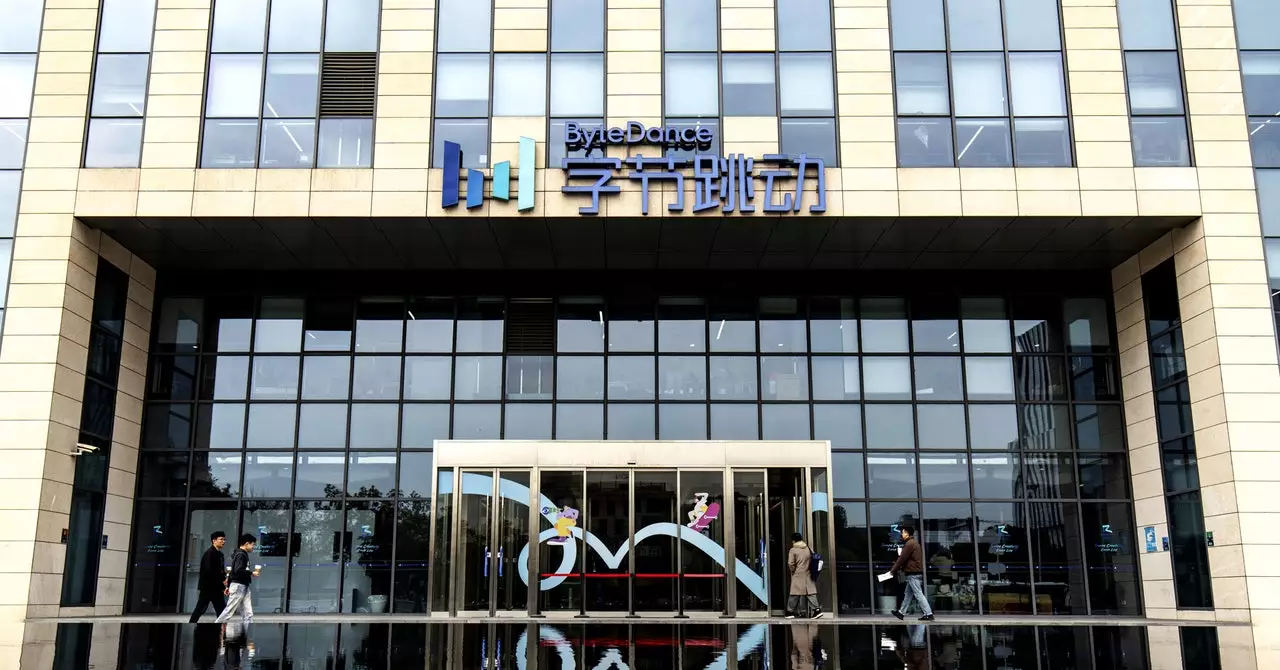In a surprising turn of events, Keyu Tian, a former intern at ByteDance and a current master’s student at Peking University, has garnered attention as he clinched one of the most esteemed awards in the artificial intelligence research community. His paper, “Visual Autoregressive Modeling: Scalable Image Generation via Next-Scale Prediction,” secured the Best Paper Award at the Neural Information Processing Systems (NeurIPS) conference, renowned for being one of the largest congregations of machine-learning scholars worldwide. Tian co-authored the paper with four colleagues, all linked to ByteDance or Peking University, showcasing a method for effective AI-generated image creation, which they claim surpasses current models in speed and efficiency.
While the achievement is noteworthy, it is overshadowed by serious allegations of professional misconduct against Tian. Reports indicate that he faced termination from ByteDance for purportedly sabotaging the research efforts of his colleagues. Furthermore, the company has recently filed a lawsuit against him for over $1 million, asserting damages linked to his alleged misconduct. This juxtaposition of accolades against a backdrop of accusations introduces a troubling dynamic that has sparked discussions both online and off regarding the integrity of academic accolades and the evaluation process within AI research.
Tian’s recognition at NeurIPS has ignited a firestorm of criticism, particularly from those who question the ethical standards upheld by the conference. Notably, Abeba Birhane, who leads the AI Accountability Lab at Trinity College, criticized the committee’s decision on social media, arguing that awarding Tian is incongruous with the conference’s claims of maintaining high ethical standards. This sentiment resonates widely, with many in the academic community calling for stricter scrutiny of authors and their reputations during the selection process for such significant honors.
In response to the backlash, a spokesperson for the NeurIPS conference clarified its position, emphasizing that awards were based solely on the merit of the paper submitted, adhering to a blind review process. They indicated that the evaluation did not take into account the background or actions of the authors, which illustrates a commitment to maintaining impartiality in research evaluation. However, this stance raises further questions about the adequacy of these measures, particularly in weighing the ethical implications of honoring a winning submission from someone embroiled in serious allegations.
The controversy surrounding Keyu Tian’s award serves as a crucial case study in the ongoing discussions about ethics in AI research. It encourages a reevaluation of how the research community balances scientific merit with ethical responsibility. The debate has implications not just for NeurIPS, but for the entire AI research landscape, as stakeholders consider how awards and recognitions align with broader societal responsibilities and the accountability of researchers. As the dialogue continues to evolve, it becomes imperative for academic organizations to revisit their evaluation processes to prevent future controversies from undermining the credibility of scientific achievements.


Leave a Reply